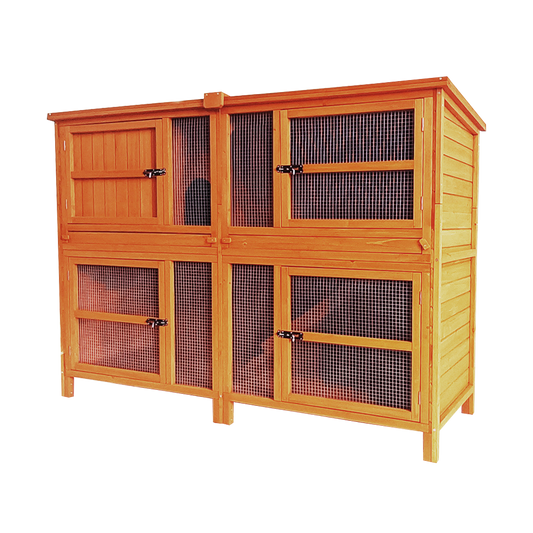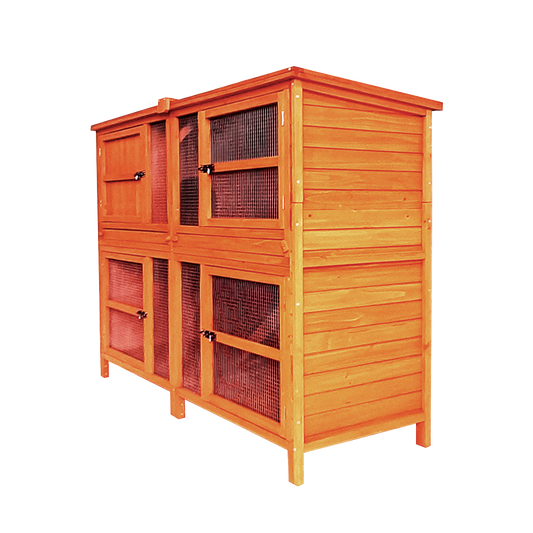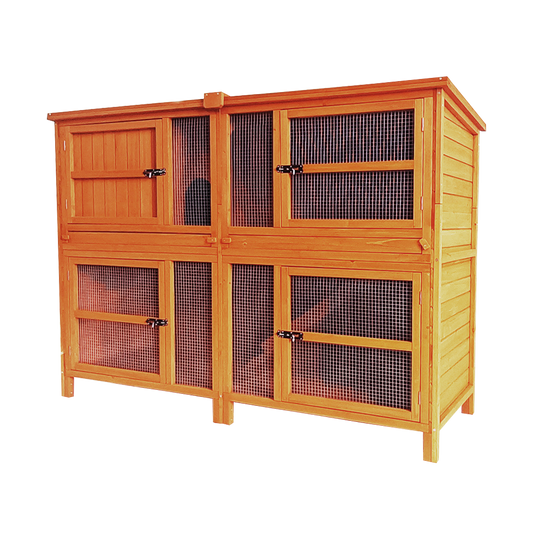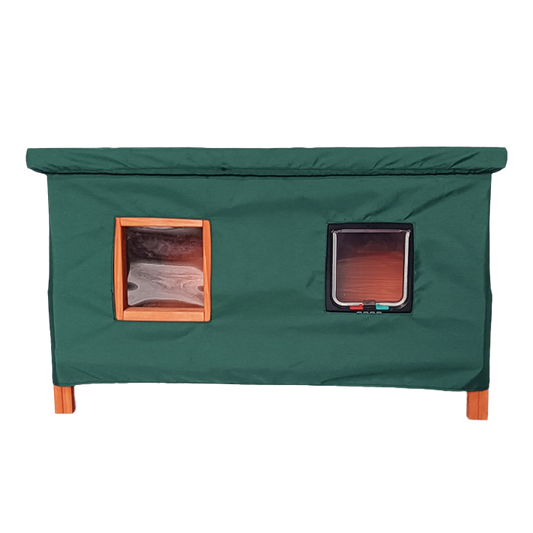With your dog counting the days until Santa Claws comes, they'll be keeping a close eye on all the festive activities going on around them, and it won't just be their own gifts and treats they'll be keen to investigate.
When you are laying out your festive fare this Christmas, make sure you are aware of any dangerous hidden toxins. Many of the foods and decorations that we enjoy at this time of year could result in serious illness if your dog gets hold of something it shouldn’t.
Be vigilant about what your dog has access to so that you can avoid an unnecessary and expensive yuletide vet visit!
Chocolate
Fortunately, most dog owners are now aware that chocolate is highly toxic to dogs. This is due to a chemical it contains called theobromine, which is similar to caffeine. Theobromine’s main effect on dogs is to over-stimulate their muscles, including their heart. Dogs usually start to show symptoms of poisoning around four hours after eating chocolate and early symptoms include vomiting, muscle twitching, tremors or fitting. Dogs are also likely to have a high heart rate and could be dribbling or breathing faster than usual. Chocolate is more toxic the higher the cocoa content, and smaller dogs tend to be affected more quickly due to their size.
While the majority of dog owners wouldn’t knowingly give their dogs chocolate, pets can be canny and will help themselves if they can. Don’t leave any chocolate out within paw’s reach and beware of other sources of chocolate that might be missed. For example, presents of chocolate wrapped up under the tree might elude you but your dog will have no problem sniffing them out. Also, watch out for advent calendars and tree chocolates if you have a dog. Make sure they are well out of your pet’s reach. Although chocolate poisoning can be serious, thankfully the number of dogs that die each year from eating it is small.
Your dog doesn't have to miss out on the fun, though, with a number of chocolate-free advent calendar and festive treat options available.
Dried fruit
Grapes and dried versions of them – raisins, currants and sultanas – are toxic to dogs, which means that things like mince pies, Christmas cake, Christmas pudding and stollen should be kept firmly off the menu for your pets.
It is not known why these fruits are so poisonous to dogs but they can result in kidney failure. Signs to look out for include decreased urination and increased thirst, as well as vomiting and diarrhoea.
Stuffing and gravy
If you plan to plate your dog up some leftovers from the Christmas dinner, make sure you miss out the stuffing and gravy. Onions, garlic, leeks, shallots and chives are all toxic to dogs and it is common to find these in shop-bought stuffings and gravies.
Belonging to the allium family, these plants contain a substance that can damage a dog’s red blood cells, leading to anaemia. The signs of poisoning might not show for several days but watch out for sickness, weakness and rapid breathing.
If you'd like to give your dog a little gravy with their Christmas dinner, try pouring a little warm water over their kibble to soften the food, letting the water absorb some of the flavour to create a gravy effect.
Alcohol
Certain alcoholic drinks that come out at Christmas, such as Irish cream and eggnog, can be more appealing to dogs – so watch where you put your glass! Dogs are more sensitive to alcohol than humans so even the slightest amount can cause ill effects.
Symptoms of alcohol poisoning include becoming drowsy, unsteady, low body temperature, seizure and even coma.
Cheese
A well-stocked cheeseboard is a joy to behold and while a small cube of cheddar can make a welcome treat for a good dog, beware of other varieties. Blue cheese in particular contains a substance called roquefortine C, which dogs are particularly sensitive to. In extreme cases, if eaten it can result in muscle tremors and seizures.
If your dog's a cheese lover, a dog-safe option such as a yak's milk chew could be right up their alley.
Plants
You might want to think twice before decking your halls with holly and mistletoe as the berries are toxic to dogs if consumed. Other festive plants that you might have to decorate your home, such as poinsettias and cyclamen, are poisonous too.
If you want to have these plants in your home, make sure they are well out of your pet’s reach or opt for an artificial version to be on the safe side.
When to see your vet
If you think that your dog has eaten something that it shouldn’t, speak to your vet straight away. Never try to make your dog vomit as you could end up causing complications – leave it to the experts!
When you call your vet, they are likely to ask you the following questions:
- What is it that you think your dog has eaten?
- How much do you think it has eaten?
- When do you think your dog ate it?
- Is your dog showing any signs of illness, if so, what are they?
If you suspect that your dog has eaten something toxic, don’t wait for them to become ill. Seek veterinary advice as soon as possible because the faster a dog is treated, the better the outcome is likely to be.
If you enjoyed this article, have a look at:









